The problem of discrimination – Frankie Stenning
In a world where COVID rules as king, discrimination still exists. It can appear in the form of racism, homophobia, sexism, or a multitude of other ways. In its simplest form it is a way in which to put someone else down for something they do not have any control over.
History is rife with discrimination: Hitler’s persecution of Jewish people, the enslavement of African people by Europeans and the execution of gay people. Although in recent years there has been more done to promote equality and remove these disadvantages, stereotypes still persist. This is why Women’s Day, Black History month and LGBTQ+ History month should be celebrated to continue to remove misinformation.

In 2020, protests occurred across the world against the discrimination that many in the Black, Indigenous and People of Colour (BIPOC) community experience. These protests resulted in companies releasing statements in support of BIPOC communities and their fight for equality as well as many people showing their support on social media and through petitions.
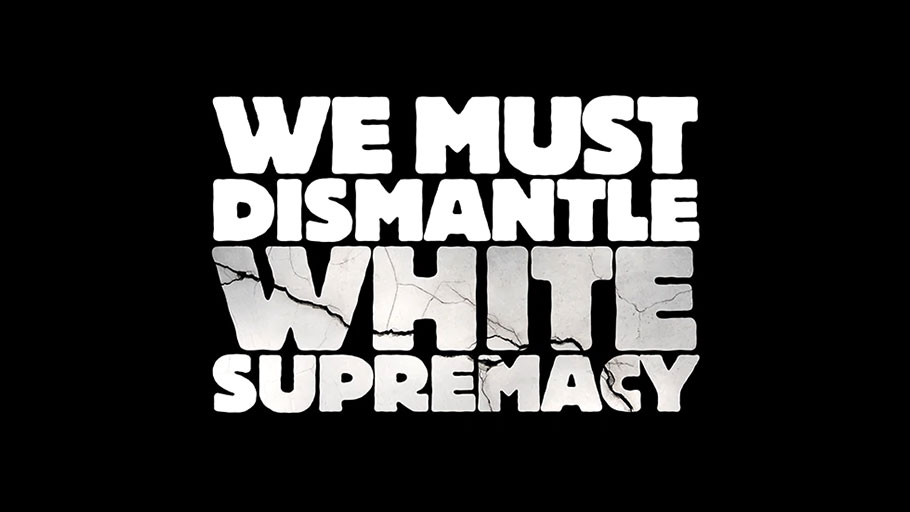
These protests in some cases turned into riots, for example in Bath statues were pulled down as they were deemed to glorify wealth built on the backs of slaves. Many saw this as an expression of freedom, removing the pain and unfairness their ancestors had experienced. Others simply saw this as an act of destruction.
Nevertheless, these riots raised the issue of racism and the ignorance many have towards such issues in society. Celebrating Black History month (in October) is a great way to remove this ignorance, as well as teaching more about the British Empire. This will help to breakdown the stereotypes created by colonists that still exist today and help to stop discrimination against the BIPOC community. We must celebrate BIPOC success to remove stereotypes and build awareness.
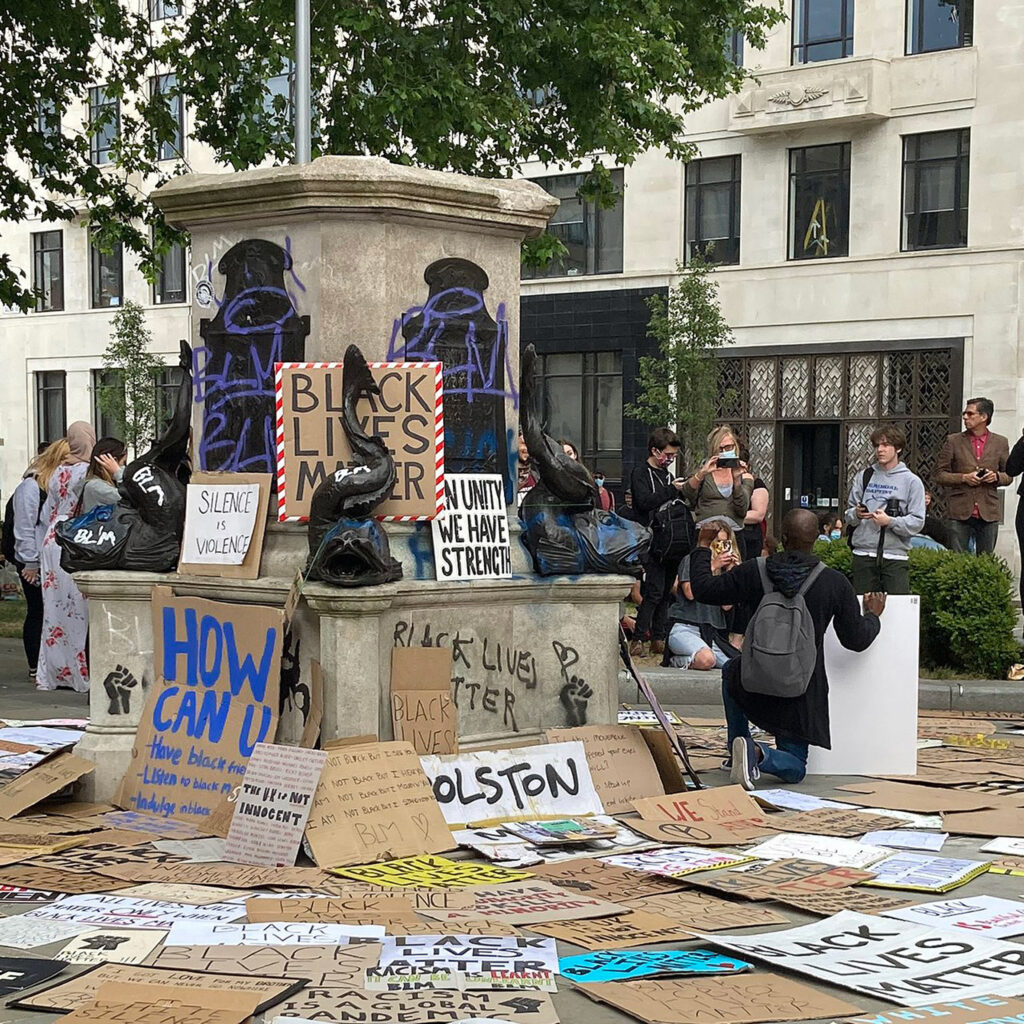
Women, although attitudes have greatly advanced in the past 50 years, are still discriminated against due to their gender. The feminist movement has done much to change views towards female stereotypes but not enough has been done. There is still a large gender pay gap and men have access to less paternity leave than women in many countries as women are still treated as the main caregiver.
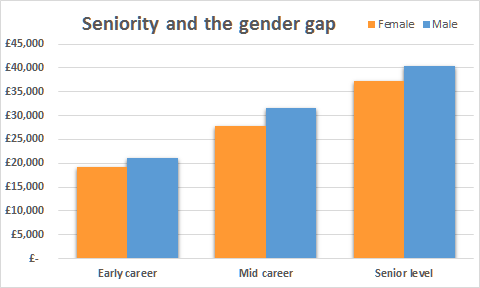
In the media the feminist movement has begun to be linked with the idea of ‘feminazis’. Feminism is the advocacy of women’s rights to ensure equality for all genders. Feminazis are those who believe women are better than men and should have more opportunities than them. However, social media often portrays women who publicly advocate for equal female rights as ‘feminazis’. It perpetuates an unfair image of women as fanatics.
Much like the fight against racism, the fight against sexism should be led through education. Educating people about sexism, whether that is towards women in the workplace or men as stay at home fathers, helps to breakdown these attitudes. National Women’s Day (8th March), much like Black History month, helps to promote equality in society as it celebrates success.
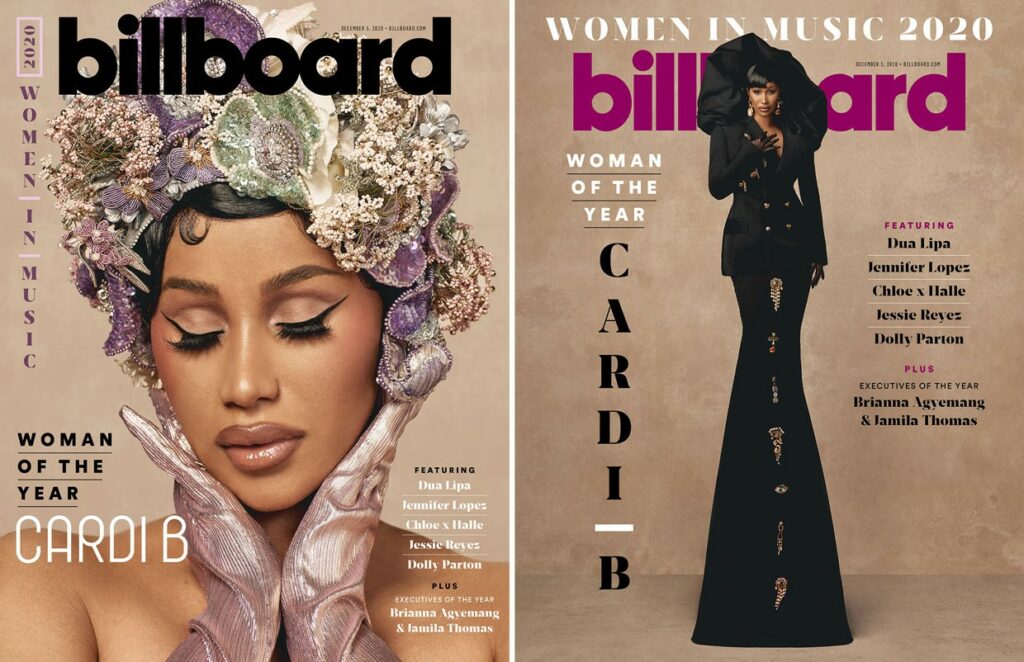
Homophobia and discrimination against the LGBTQ+ community has been a major problem. Campaigns promoting LGBTQ+ rights and a greater emphasis in school education have done much to improve views towards the community but discrimination still persists. Pride events and LGBTQ+ History month (February) aid the changing views towards the community.

The HIV epidemic that sadly resulted in the deaths of many gay people in the 1980s resulted in the re-stimulation of discriminatory views towards to the community. Stereotypes were developed that furthered negative attitudes towards gay men and women or other members of the community, such as trans people. This was and is an unfair depiction of people who identify within the LGBTQ+ community.
Although pride events, petitions and general education have helped battle these views the work is not yet done. Many still have little sympathy or understanding towards the LGBTQ+ community and use religion as justification for their ignorance. It isolates people in this community and leads to further discrimination.
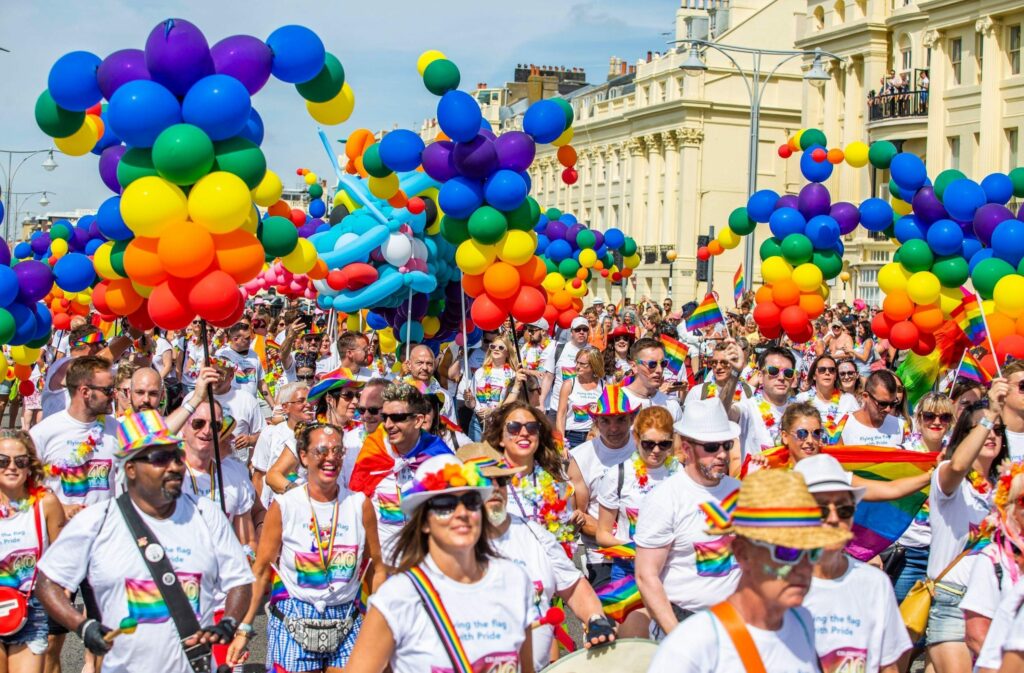
History allows us to reflect on the mistakes of the past whilst celebrating the success today as we battle against discrimination and inequality. Although the world is in a better position than 100 years ago, the work is not done. Far too many people are still disadvantaged due to their sex, skin colour, origin and more. We must still fight against the ignorance that preserves this type of discrimination.















Post Comment
You must be logged in to post a comment.